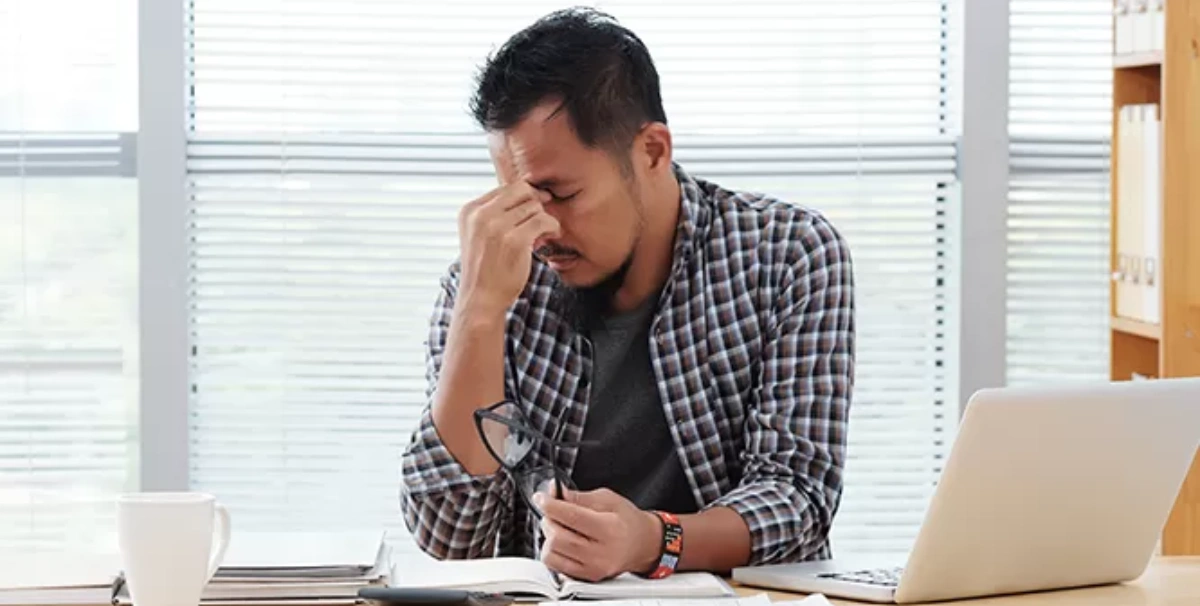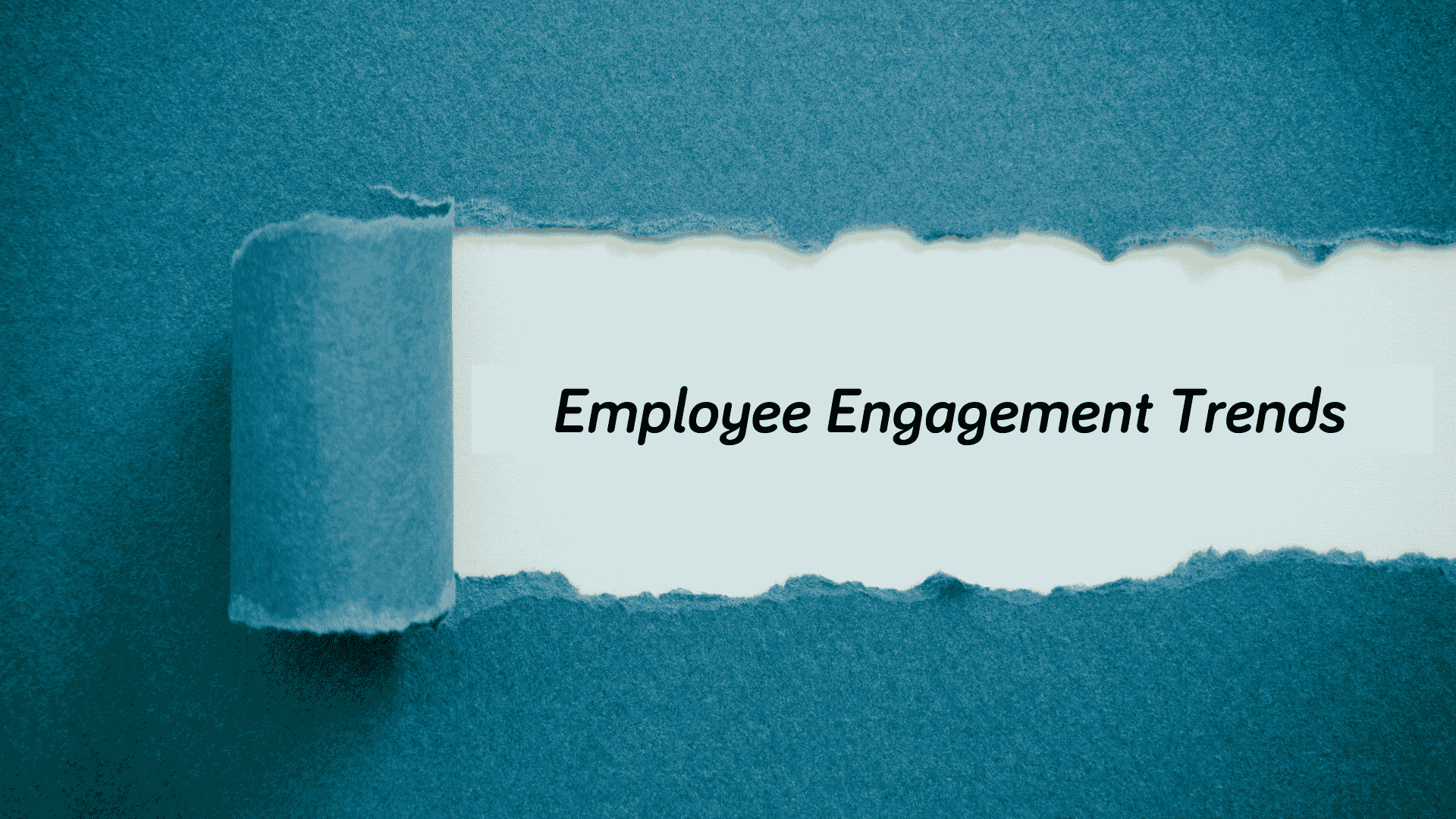Coping Under Quarantine: Anxiety
April 17, 2020Categorised in: News
During the current pandemic, there is a lot of uncertainty and fear across the globe. Both employers and employees are feeling slightly lost and worried about their futures. We are likely to see an Anxiety pandemic across the globe off the back of COVID-19, so not only is it important to understand what anxiety is and how you can manage it, but it is also important to know how to assist your employees who may be facing a challenging time with their mental wellbeing.
Below, we have given you a brief insight into anxiety and management, and we have made a more in-depth document for you and your employees to access via the sign-up form below. There is much more content available discussing a range of different issues that may surface during the Coronavirus pandemic – you just need to sign up once below to receive all documents straight to your inbox.
What is Anxiety?
Anxiety is something that everyone will experience at some point in their lives. 1 in 4 people will suffer from anxiety and/or depression every year. It is considered a normal response to situations that can be seen as a threat to us, such as a driving test and going to hospital for an operation. Sometimes, anxiety at certain levels can even be helpful in situations such as when we need to cope with an emergency. Sometimes though, symptoms of anxiety can be very uncomfortable, can make us worry that we have something seriously wrong with us, and in severe cases can stop people from doing things they need or want to do.
If you are suffering from anxiety, you often might have thoughts like these:
-
“I often wake up in the night with my mind racing, and then can’t get back to sleep for worrying.”
-
“It feels as though there is something in my throat. My mouth is dryand I can’t swallow properly and then I begin to get panicky. I think I’m going to stop breathing.”
-
“I worry about everything, I get tense and wound up, and end up snapping at the children.”
Anxiety can affect us in at least four different ways; the way we feel, the way we think, the way our body works and the way we behave. Sometimes, we can suffer from anxiety without even knowing it, particularly if you don’t consider yourself to be an anxious person. Symptoms of anxiety can often be mistaken as physical illnesses, so it is important to recognise whether anxiety is a problem for you before you can learn to deal with it. Read more below, where you can see a symptom checklist and how anxiety can affect your body alongside the way we think, feel and behave.
What Causes Anxiety
The way our body responds to a frightening or threatening experience creates the feeling of anxiety. It is also known as the fight or flight response. In short, it is the way in which your body prepares for action. The reason your body creates physical symptoms of anxiety is to prepare your body to cope with threat.
For some, anxiety can become a lifelong problem, with a number of reasons contributing to this. It can often become part of a vicious circle where our symptoms, thoughts and behaviour keep the anxiety going.
How can I manage my Anxiety Better?
Anxiety is a series of behaviour patterns that need to be corrected or reduced. Anxiety can’t strictly be cured, however if we can break into the vicious circle, we can learn ways of reducing anxiety and allowing it to become more manageable. There are at least four different areas to work:
- Understanding anxiety better and beginning to tackle some of the causes
- Reducing physical symptoms
- Altering thoughts related to anxiety
- Changing behaviours related to anxiety
Once you have some idea about what it is that causes your anxiety, you can begin to try and break out of the vicious circle that keeps anxiety going. Before you can do this though, it is really useful to try and understand your own anxiety better.
There are a number of things you can do both when feeling anxious and at other points to manage anxiety levels that will help to reduce the physical symptoms. Once you are aware of what physical symptoms are specific to your anxiety, you can start to recognise early signs of tension and nip them in the bud.
Thoughts play a serious part in keeping the vicious circle of anxiety going. It is important to try and control these thoughts, as it is all part of breaking the circle and managing your anxiety better. It isn’t always that easy to be mindful of what you are thinking about and how it will affect your anxiety. They can come and go in a flash and may be so much of a habit that they are just automatic. The aim is to try and balance out thoughts, manage worry, challenge your beliefs and practice mindfulness. Practicing relaxation and mindfulness exercises can really help with managing anxiety.
There are a number of things you can do to become aware of behaviours you practice that are directly related to anxiety.
-
Try to recognise and tackle avoidance and fears
-
Set yourself small goals
-
Avoid escaping situations that make you anxious
-
Try to recognise safety behaviours
-
Try to do things to test out how realistic your anxious thoughts are
Where to get help:
In the HIVE360 Support Services Ltd portal, there is a dedicated space to wellbeing where you can find documents compiled by BHSF and the NHS with all kinds of resources to help you manage your anxiety and where you can find help.
Now more than ever it is important to keep employee engagement high, and we’re here to help. We have created numerous documents to help you assist your employees with their mental wellbeing along with other issues they may be facing during this difficult time, at the same time as helping you with your business continuity. Simply sign up using the form at the bottom of the page and you’ll receive ALL of our documents straight to your inbox.




